
Is Singapore's medical tourism sector losing its lustre?
Modernisation at ASEAN hospitals is a key threat.
Singapore's hospitals are up against stiff competition from their counterparts in the ASEAN. As more Southeast Asian hospitals modernise, Singapore is slowly losing its appeal as a medical tourism hub.
Beng Teck Liang, Executive Director & Chief Executive Officer, Singapore Medical Group, notes that the hospital has seen declining numbers of medical tourists in the past couple of years, particularly those from Indonesia. While demand from Vietnamese patients remains strong, Beng believes that the trend of declining arrivals is not likely to be resolved in the near future.
"Indonesian healthcare providers are aggressively investing in new facilities and equipment. I think they are successful in encouraging patients to stay local, particularly now with the use of universal healthcare," he says.
However, Beng notes that the decline in arrivals is likely to be more gradual in the future, unlike the sharp contraction in medical tourism demand seen over the past two years. This was caused mainly by currency depreciation, he adds.
"It's a given. In markets like Indonesia and Vietnam, we're going to see a progressive improvement in the healthcare sector, which will result in fewer patients heading to Singapore," he said.
Although the threat from emerging Asian economies is very real, Beng said that Singapore still has an edge in terms of more advanced software and staff.
"The private sector will always find ways to survive, and we are surviving. We’ll always find ways and means of getting to the market," he said.
Lawrence Patrick, Chief Executive Officer of John Hopkins Singapore International Medical Centre, noted that internalisation is a key growth pillar for private healthcare providers in this era of declining medical tourism arrivals. Consolidation will also be a key theme for players as this revenue source dries up.
“While we can’t bring the patients here, we can go abroad and get those patients into the system. And then there’s this notion that we all get better together so I think as a result of weakening medical tourism, we are going to see more consolidations here, such as more public-private partnerships,” he said.
Christopher Norton, Director of Healthcare at PwC South East Asia Consulting, concurred that partnerships are the way forward for healthcare players in Singapore. Consolidation will not only hone the city-state’s edge in medical tourism, but it will also help public institutions provide better services to resident patients.
“Singapore is always known for its quality and safety and expertise. But other hospitals, such as in Malaysia and Thailand, are also working to get international accreditation. This will be challenge for providers here,” he said.
Singapore’s medical tourism prospects were among the topics discussed at the recently-concluded Healthcare Asia Forum, which was held in Singapore on May 12. The event gathered about 40 top practitioners and was supported by Ortho Clinical Diagnostics and Avigilon. PwC served as the event’s thought leader.
The forum is part of Healthcare Asia Magazine’s five-city roadshow. It has also been held in Manila, Kuala Lumpur and Jakarta. The last leg will be held in Bangkok on May 26.

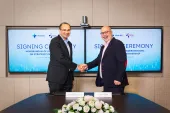
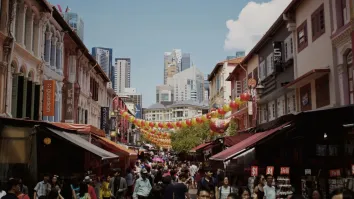

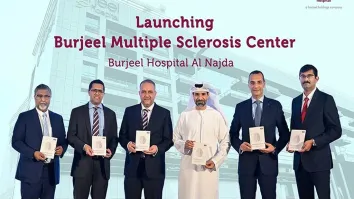




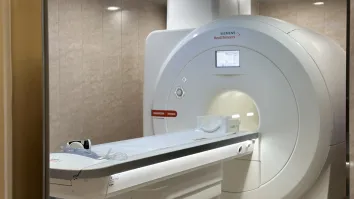
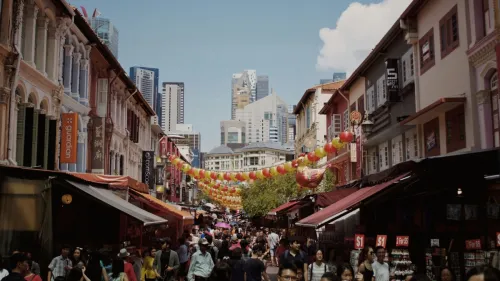








 Advertise
Advertise






